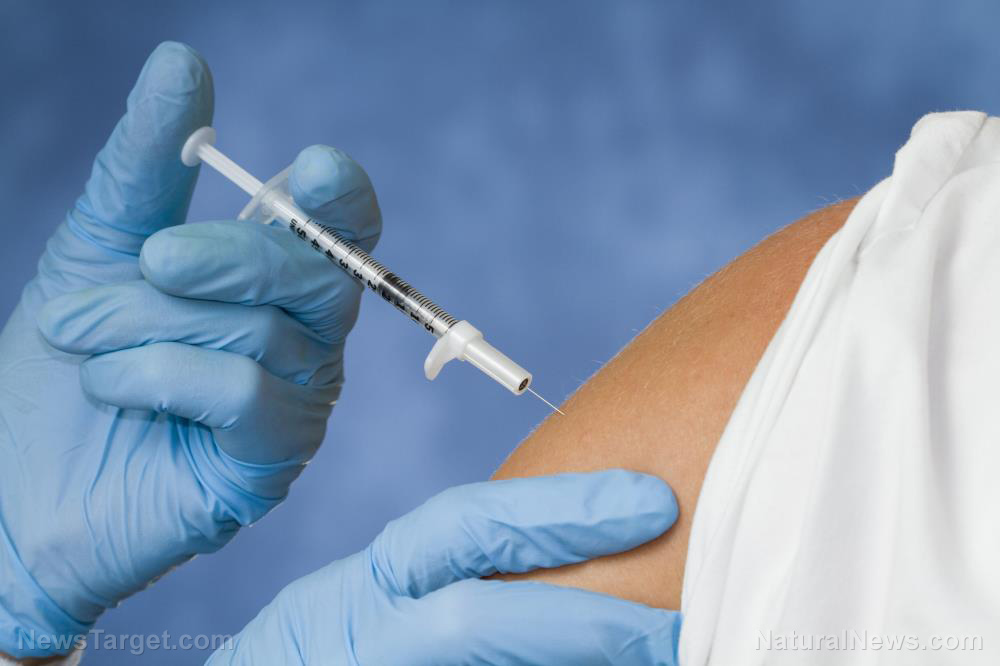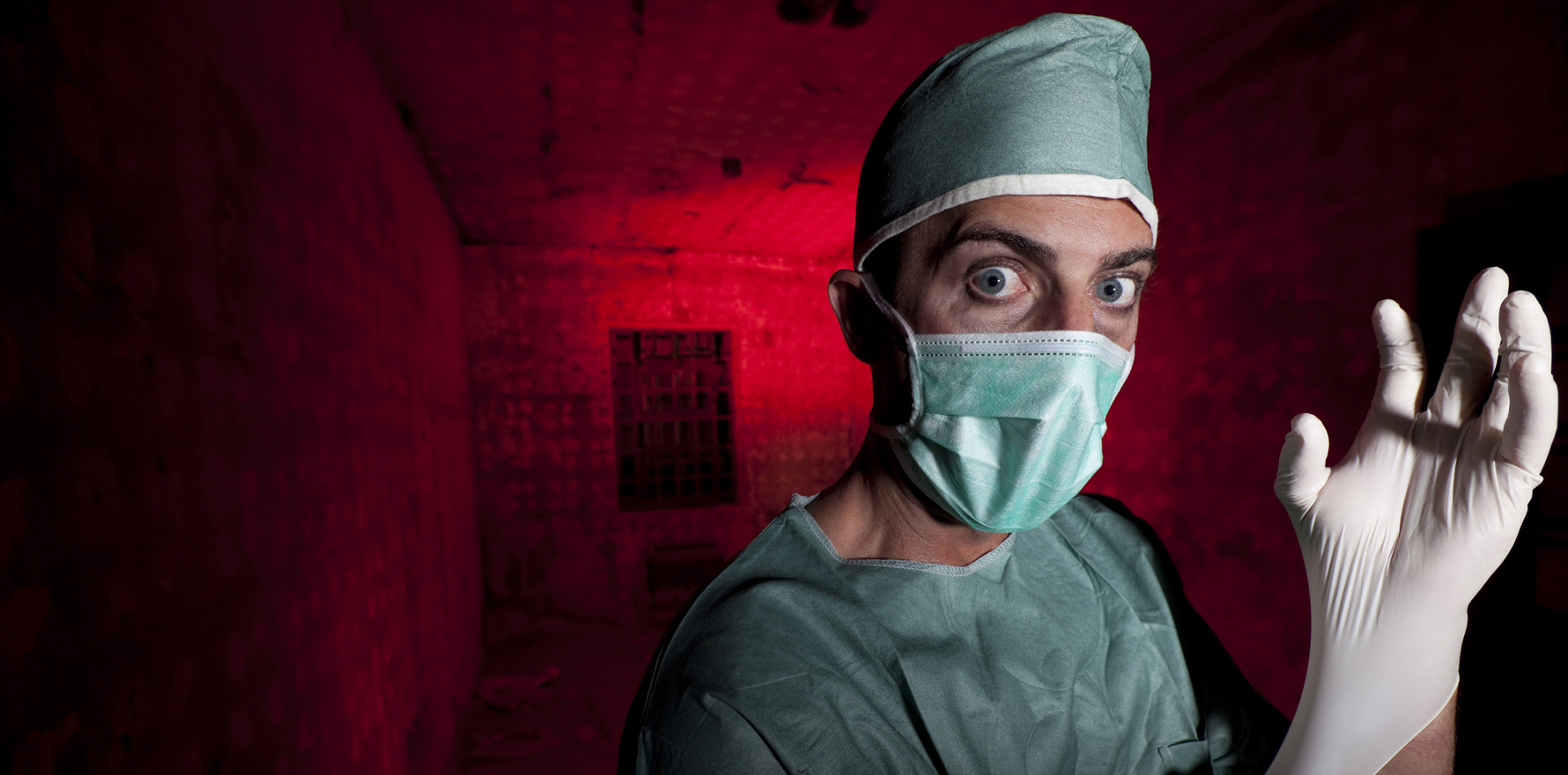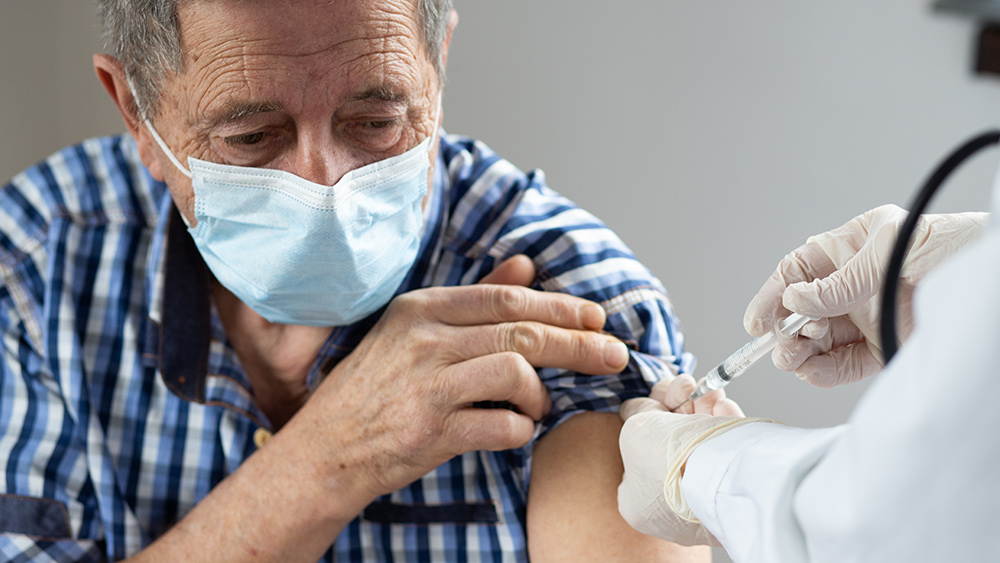Study reveals 1,000% spike in congenital syphilis in Mississippi
10/31/2023 / By Zoey Sky

A report published by the Centers for Disease Control and Prevention (CDC) has revealed that the U.S. is seeing an alarming upward trend in infants born with congenital syphilis (CS). Data has found that there is an alarming 1,000 percent spike in one specific state – Mississippi.
Syphilis is one of the sexually transmitted infections (STIs) tracked by the government, along with chlamydia, gonorrhea and HIV, which are all on the rise. From 2020 to 2021, amid the disruptions caused by the COVID-19 pandemic, the country saw a 30.5 percent increase in CS cases.
The CDC report studied discharge data from Mississippi hospitals between 2016 and 2022 and found that congenital syphilis had increased tenfold. The total number of babies diagnosed with CS, which is passed down from pregnant mothers to their babies, during the seven-year time frame amounted to 367 infants.
The retrospective study was a collaboration between the Mississippi State Department of Health and the Mississippi Hospital Association.
The results also found that newborns with CS were more likely to be born prematurely at less than 37 weeks and from mothers who used addictive and illegal drugs.
Babies with CS also had lower birth weights of about three pounds compared to babies without CS.
Additionally, infants with CS spent more days in the hospital, and the cost of their treatment was over four times as much.
Other findings revealed that an estimated 97 percent were considered newborns (under 28 days old), over 71 percent were African American and nearly 60 percent of babies were born to mothers living in nonurban counties.

The cohort was half male and half female, with most of the babies diagnosed with CS upon delivery.
Although most infants with CS were black, the percentage increase in cases was larger among white infants, with an alarming increase of at least 2,600 percent compared to just over 1,000 percent.
The increase in CS cases is a cause for concern among state health officials.
The authors wrote that their investigation confirms that “the rapid rise of CS hospitalizations in Mississippi is a serious public health concern because of its grave social and health-related consequences.” They also acknowledged that the study had limitations, such as limited data on prenatal care, perinatal syphilis treatment and laboratory diagnostic tests.
The research team advised that their study provided comprehensive data on a population level, allowing for a thorough, statewide assessment that shows a worrying upward trend. (Related: Shortage of ANTIBIOTICS could worsen SYPHILIS epidemic in the U.S.)
Understanding congenital syphilis
According to the CDC, congenital syphilis is a disease caused by infection with Treponema pallidum bacteria that is passed neonatally from a pregnant mother to an infant. CS may have health implications that are both short- and long-term.
Infants infected may experience adverse side effects, such as:
- Anemia
- Failure to thrive
- Jaundice
- Deformities like abnormal tooth development, bowed tibia, interstitial keratitis, joint swelling, neurologic deafness, optic atrophy, protruding forehead and heavy brow (bossing) and saddle nose
- Hepatosplenomegaly, or the swelling and enlargement of the liver and spleen
The rate of congenital syphilis has increased significantly within the last few years.
In 2019, 1,870 cases of congenital syphilis were reported nationwide. Ninety-four were stillborn, and 34 diagnoses resulted in infant death.
The 2019 national incidence rate was 48.5 cases of CS per 100,000 live births. This represents a 41 percent increase compared to 2018 data when the rate was 34.3 per 100,000 live births.
In 2012, there were only 8.4 cases per 100,000 live births. This number equates to a staggering 477 percent increase in congenital syphilis cases.
Congenital syphilis detection and treatment strategies
Health experts emphasized that effective prevention and detection strategies to identify syphilis in pregnant women are crucial to reversing the rising trend of congenital syphilis.
According to the U.S. Preventive Service Task Force (USPSTF), all pregnant women must get tested for syphilis as soon as possible the minute they find out that they are pregnant. If the woman has not had prenatal care, she must be tested upon delivery.
The USPSTF added that while most pregnant women do have prenatal care, they are not screened or treated for syphilis early enough to prevent transmission to the baby.
CDC and joint guidelines by the American Academy of Pediatrics and American College of Obstetricians and Gynecologists recommended repeat screening for women at high risk of syphilis:
- During the first prenatal visit
- At approximately 28 weeks in the third trimester
- Again upon delivery
Women at high risk of syphilis infection include:
- Women with HIV
- Women who have been with a known infected partner
- Women without previous prenatal care or were late in getting it (a first visit during the second trimester or later)
- Women living in areas with a high infection rate of syphilis
- Women with a history of being incarcerated or working in the sex industry
- Women with a history of illicit drug use, especially heroin or methamphetamine
- Women who are homeless or living in an unstable household
Since syphilis is treatable with antibiotics, if treated early enough, mothers with syphilis can avoid infecting their babies.
Visit Infections.news for more updates about congenital syphilis and other infections.
Watch the video below to find out how syphilis and leprosy ravaged the medieval world.
This video is from the Daily Videos channel on Brighteon.com.
More related stories:
Study finds correlation between neonatal vaccines and INFANT MORTALITY RATES in developed countries.
Experts warn antibiotics could increase risk of developing kidney stones among children.
Sources include:
Submit a correction >>
Tagged Under:
big government, CDC, chaos, children's health, congenital syphilis, Dangerous, discoveries, epidemic, health science, infant's health, infections, Mississippi, outbreak, panic, pregnancy, prenatal care, real investigations, research, STD, STI, women's health
This article may contain statements that reflect the opinion of the author





















